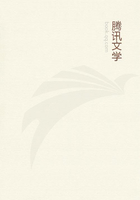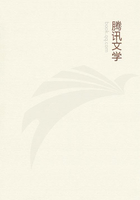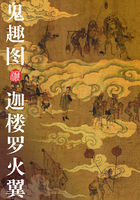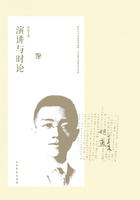The solution of the problems of pure geometry is not allocated to a special part of that science, nor does the art of land-surveying merit the name of practical, in contradistinction to pure, as a second part of the general science of geometry, and with equally little, or perhaps less, right can the mechanical or chemical art of experiment or of observation be ranked as a practical part of the science of nature, or, in fine, domestic, agricultural, or political economy, the art of social intercourse, the principles of dietetics, or even general instruction as to the attainment of happiness, or as much as the control of the inclinations or the restraining of the affections with a view thereto, be denominated practical philosophy-not to mention forming these latter in a second part of philosophy in general.For, between them all, the above contain nothing more than rules of skill, which are thus only technically practical-the skill being directed to producing an effect which is possible according to natural concepts of causes and effects.As these concepts belong to theoretical philosophy, they are subject to those precepts as mere corollaries of theoretical philosophy (i.e., as corollaries of natural science), and so cannot claim any place in any special philosophy called practical.On the other hand, the morally practical precepts, which are founded entirely on the concept of freedom, to the complete exclusion of grounds taken from nature for the determination of the will, form quite a special kind of precepts.
These, too, like the rules obeyed by nature, are, without qualification, called laws-though they do not, like the latter, rest on sensible conditions, but upon a supersensible principle-and they must needs have a separate part of philosophy allotted to them as their own, corresponding to the theoretical part, and termed practical philosophy capable Hence it is evident that a complex of practical precepts furnished by philosophy does not form a special part of philosophy, co-ordinate with the theoretical, by reason of its precepts being practical-for that they might be, notwithstanding that their principles were derived wholly from the theoretical knowledge of nature (as technically-practical rules).But an adequate reason only exists where their principle, being in no way borrowed from the concept of nature, which is always sensibly conditioned, rests consequently on the supersensible, which the concept of freedom alone makes cognizable by means of its formal laws, and where, therefore, they are morally-practical, i.e., not merely precepts and its and rules in this or that interest, but laws independent of all antecedent reference to ends or aims.
II.The Realm of Philosophy in General.
The employment of our faculty of cognition from principles, and with it philosophy, is coextensive with the applicability of a priori concepts.
Now a division of the complex of all the objects to which those concepts are referred for the purpose, where possible, of compassing their knowledge, may be made according to the varied competence or incompetence of our faculty in that connection.
Concepts, so far as they are referred to objects apart from the question of whether knowledge of them is possible or not, have their field, which is determined simply by the relation in which their object stands to our faculty of cognition in general.The part of this field in which knowledge is possible for us is a territory (territorium) for these concepts and the requisite cognitive faculty.The part of the territory over which they exercise legislative authority is the realm (ditio) of these concepts, and their appropriate cognitive faculty.Empirical concepts have, therefore, their territory, doubtless, in nature as the complex of all sensible objects, but they have no realm (only a dwelling-place, domicilium), for, although they are formed according to law, they are not themselves legislative, but the rules founded on them are empirical and, consequently, contingent.
Our entire faculty of cognition has two realms, that of natural concepts and that of the concept of freedom, for through both it prescribes laws a priori.In accordance with this distinction, then, philosophy is divisible into theoretical and practical.But the territory upon which its realm is established, and over which it exercises its legislative authority, is still always confined to the complex of the objects of all possible experience, taken as no more than mere phenomena, for otherwise legislation by the understanding in respect of them is unthinkable.
The function of prescribing laws by means of concepts of nature is discharged by understanding and is theoretical.That of prescribing laws by means of the concept of freedom is discharged by reason and is merely practical.It is only in the practical sphere that reason can prescribe laws; in respect of theoretical knowledge (of nature) it can only (as by the understanding advised in the law) deduce from given logical consequences, which still always remain restricted to nature.But we cannot reverse this and say that where rules are practical reason is then and there legislative, since the rules might be technically practical.
Understanding and reason, therefore, have two distinct jurisdictions over one and the same territory of experience.But neither can interfere with the other.For the concept of freedom just as little disturbs the legislation of nature, as the concept of nature influences legislation through the concept of freedom.That it is possible for us at least to think without contradiction of both these jurisdictions, and their appropriate faculties, as co-existing in the same subject, was shown by the Critique of Pure Reason, since it disposed of the objections on the other side by detecting their dialectical illusion.

